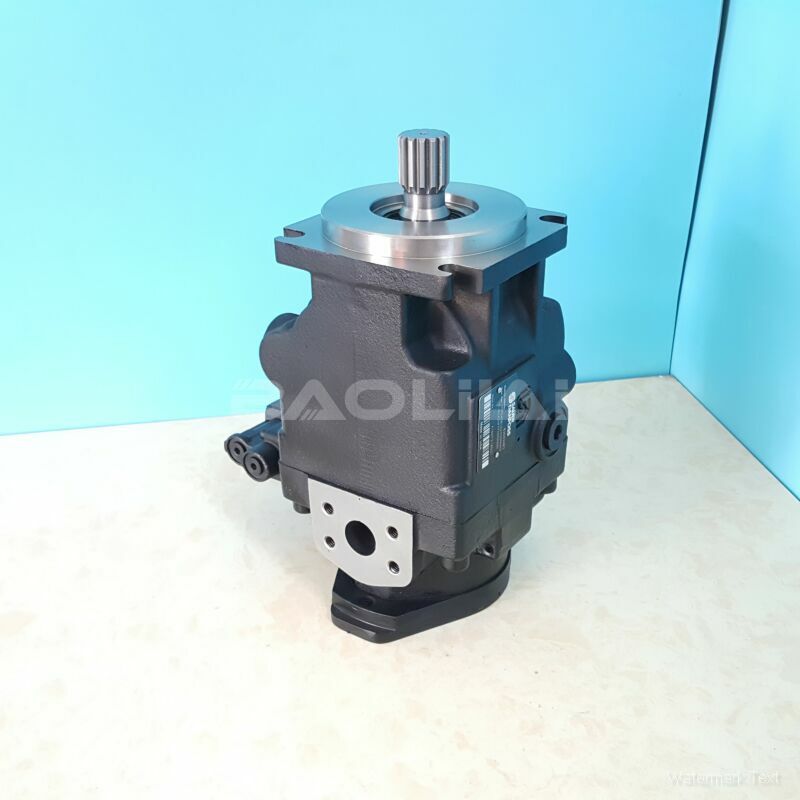JRRS60BBS3126NNN3T0NEA2NNNNJJJNNN hydraulic oil pump
JRRS60BBS3126NNN3T0NEA2NNNNJJJNNN hydraulic oil pump

- Product Details
- Applicable Scene
Hydraulic pumps play an essential role in the field of fluid power, particularly in the context of fluid circulation systems used for precision fluid handling in research and development (R&D). These systems are crucial in a variety of industries, including manufacturing, automotive, aerospace, and pharmaceuticals, where precise control over fluid flow is necessary for experimental setups and product development processes.
JR-R-S60B-BS-31-26-NN-N-3-T0NE-A2N-NNN-JJJ-NNN
JRRS60BBS3126NNN3T0NEA2NNNNJJJNNN
The operation of hydraulic pumps is based on the principle of converting mechanical energy into hydraulic energy, which is subsequently used to move fluids through a system. This capability allows for a wide range of applications, especially in scenarios that require high pressure and controlled flow rates. In R&D environments, where experiments often require rigorous testing and validation, the ability to manage fluid properties and behavior accurately is paramount.

83025320
One of the key advantages of using hydraulic pumps in fluid circulation is the precise control they offer over flow rate and pressure. This control is achieved through various types of hydraulic pumps, including gear pumps, piston pumps, and vane pumps, each designed to accommodate specific fluid handling needs. For instance, gear pumps are known for their reliability and ability to handle high viscosities, making them ideal for circulating thicker fluids used in certain experimental processes. On the other hand, piston pumps excel in applications requiring high-pressure fluid delivery, essential for experiments involving pressurized systems.
In R&D, the importance of maintaining consistent fluid properties cannot be overstated. Variations in temperature, viscosity, and contamination levels can significantly affect experimental outcomes. Hydraulic circulation systems equipped with advanced pumps allow researchers to precisely manage these parameters. Heated fluid transfer systems, for instance, utilize hydraulic pumps to consistently circulate fluids under controlled temperature settings, ensuring that reactions or processes occur under optimal conditions.





